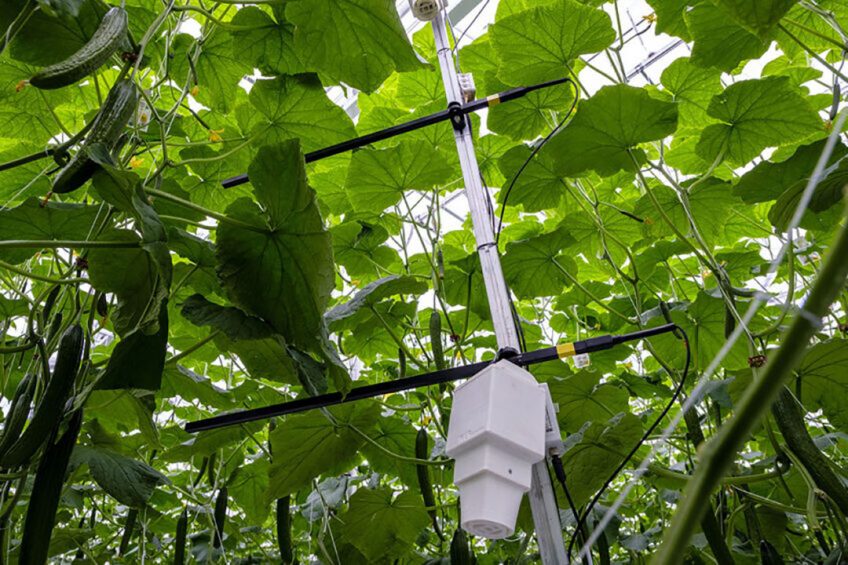Netherlands and Japan partner in digitisation of agriculture

The Netherlands and Japan will collaborate more on the digitisation of the agricultural sector. This was agreed during a recent three-day virtual trade mission.
The Netherlands is seen as a world leader in agricultural knowledge and applications, while Japan excels mainly in robotisation and sensors. Researcher Corné Kempenaar of Wageningen University & Research and project leader of the “Nationale Proeftuin Precisielandbouw” (NPPL) , a precision farming research project, is very interested in calculation guidelines for the detection of phytophthora. “Japan claims to be very far with that. Drones detect spots, calculation guidelines determine whether there is phytophthora or not.”
Disease control
Kempenaar points out that it is all still in a very early stage, but says that the technique could lead to a disease control advice or dose. “But the technology can also be interesting for biological agriculture.”
Japan is also leading when it comes to sensors, autonomous tractors, other vehicles and drones, according to Kempenaar. “That knowledge could be of great use to us.”
Digitisation of the potato chain
During the mission with about 500 participants, companies from mainly the potato and greenhouse horticulture sector presented all kinds of solutions, including an autonomous tractor, picking robots and autonomous greenhouses.
The Dutch Agricultural Council in Tokyo, Evert Jan Krajenbrink, mentioned a project regarding the digitisation of the potato chain. This is called “Transition To A Data-Driven Agriculture” (TTADDA).
In addition, the Dutch ministry for agriculture will organise an innovation mission to Japan this year regarding robotisation in greenhouse horticulture and arable farming. According to Krajenbrink, Japan and the Netherlands can reinforce each other.



